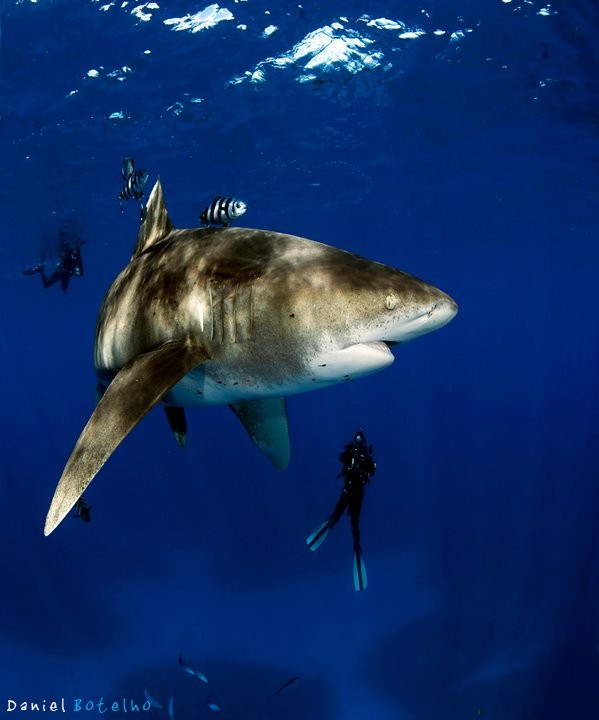Oceanic Whitetip Shark Fishing Banned

As part of the last meeting of the Convention on International Trade of Endangered Species of Wild Fauna and Flora (CITES), held this week in Bangkok (Thailand), the national government banned fishing for oceanic whitetip shark (Carcharhinus longimanus) in Brazilian waters.
The decision was made in order to preserve this endangered species.
According to a Normative Instruction of the Ministry of the Environment published in the Official Journal of Unión, the ban on fishing this resource has come into effect since Wednesday, as well as on-board storage, transport, unloading and marketing.
That is, the fishermen who catch oceanic sharks -- even accidentally -- will have to return them to the sea dead or alive.
And the boats that are caught carrying fins or specimens will be penalized with the loss of the fishing license.
The new order provides an exception only for fishing for the species for duly authorized scientific studies.
Besides, the Ministry of Environment ordered fishermen to include the oceanic sharks that are caught and returned to the sea in their vessel logbooks.
For several years, the Brazilian executive has tried to include the whitetip shark among protected species but the fishing sector disagreed because it is a really demanded species as the fins offer high market value, EFE agency reports.
During the meeting, the 178 member countries of the Convention confirmed the protection of the oceanic whitetip shark, three species of hammerhead shark, porbeagle shark, and sting rays.
According to Susan Lieberman, a member of the Pew organization, "It has been the most important day for the ocean in 40 years of the history of Cites."
While Carlos Drews, from the World Wildlife Fund (WWF), said: "It is a historic moment where science has defeated politics," reported Terra.
Photo courtesy of Daniel Botelho, National Geographic Photographer



